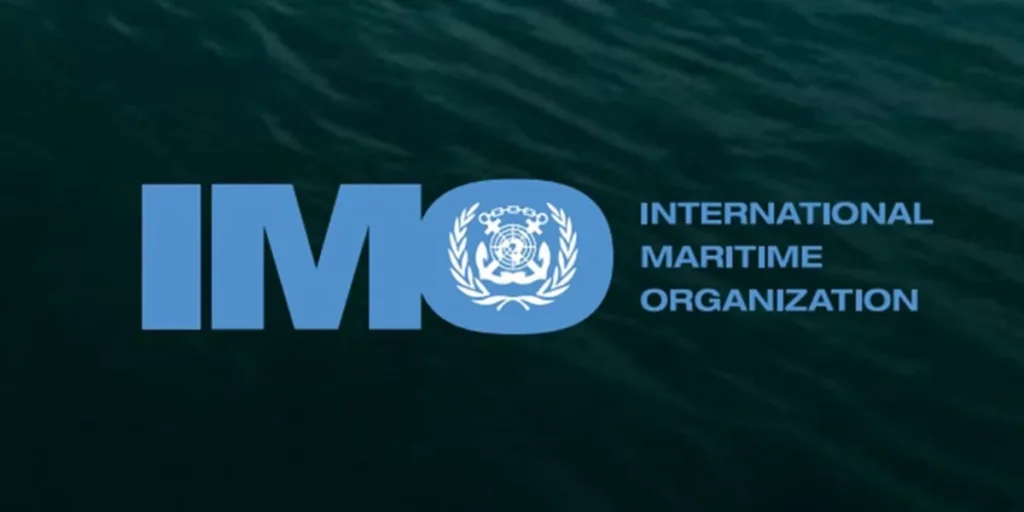Nigeria’s Renewed Pursuit of IMO Category C Membership
Nigeria is actively campaigning for a coveted seat in Category C of the International Maritime Organisation (IMO) Council, a position it last held in 2011. The IMO Council, the executive organ of the IMO, is responsible for supervising the work of the organization. It plays a crucial role in developing and implementing international maritime regulations and providing technical assistance to member states. Category C membership is specifically reserved for states with special interests in maritime transport or navigation, and whose election to the Council will ensure the representation of all major geographic areas of the world. Nigeria’s renewed bid for this position underscores its commitment to contributing meaningfully to global maritime governance and advancing its national maritime interests.
The upcoming IMO Council elections, scheduled for November-December 2025 during the IMO Assembly’s 34th session, present a significant opportunity for Nigeria to regain its place at the table of international maritime decision-making. Recognizing the importance of securing regional support, Nigeria has engaged in extensive diplomatic efforts to garner votes from member states within the Maritime Organisation of West and Central Africa (MOWCA). Dr. Paul Adalikwu, Secretary-General of MOWCA, confirmed the organization’s active engagement with its 25 member countries to secure a block vote for Nigeria. This regional backing is considered crucial for Nigeria’s success in the highly competitive election.
Nigeria’s campaign is underscored by its commitment to fostering inclusivity, equity, and climate-resilient maritime development. As a major maritime player in Africa, Nigeria aims to champion the interests of developing nations and contribute to addressing the challenges faced by the global maritime industry, including climate change, maritime security, and the sustainable development of the blue economy. The Minister of Marine and Blue Economy, Adegboyega Oyetola, has spearheaded these efforts, engaging in high-level discussions with leaders from various island nations to build support for Nigeria’s candidacy.
The IMO Council election comes at a critical juncture for West and Central Africa, a region grappling with significant maritime safety concerns, particularly in the ferry transport sector. Dr. Adalikwu highlighted the alarming frequency of boat accidents in the region, with Nigeria, Senegal, and the Democratic Republic of Congo identified as having the highest number of incidents. Over the past decade, the region has witnessed a staggering loss of over 8,000 lives due to ferry accidents, emphasizing the urgent need for improved safety measures and regulations. Nigeria’s election to the IMO Council could provide a platform to advocate for stronger regional and international cooperation to address this pressing issue.
Nigeria’s efforts to secure a Category C seat represent more than just a symbolic victory. Membership in the IMO Council provides a direct avenue to influence the development and implementation of international maritime regulations, impacting critical areas such as maritime safety, environmental protection, and the facilitation of international trade. This influence can translate into tangible benefits for Nigeria’s maritime sector, including enhanced safety standards, improved port infrastructure, and increased investment in the blue economy. Furthermore, it strengthens Nigeria’s position as a regional maritime leader and enhances its ability to contribute to global maritime governance.
Ultimately, Nigeria’s success in the IMO Council election hinges on securing the support of a majority of IMO member states. While regional backing from MOWCA is crucial, Nigeria must also broaden its outreach to other regions and demonstrate its commitment to the principles of the IMO. The country’s campaign emphasizes its experience, expertise, and dedication to promoting safe, secure, and sustainable maritime practices. By actively engaging with the international maritime community and showcasing its commitment to global maritime governance, Nigeria aims to secure a well-deserved place on the IMO Council and contribute to shaping the future of the maritime industry.














